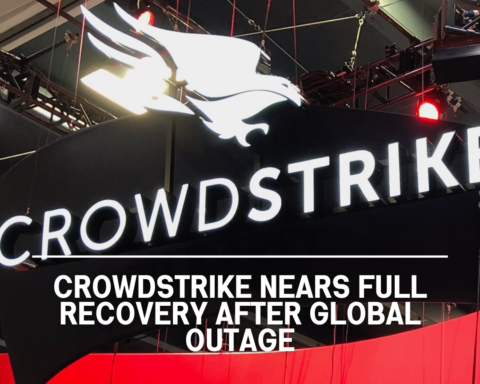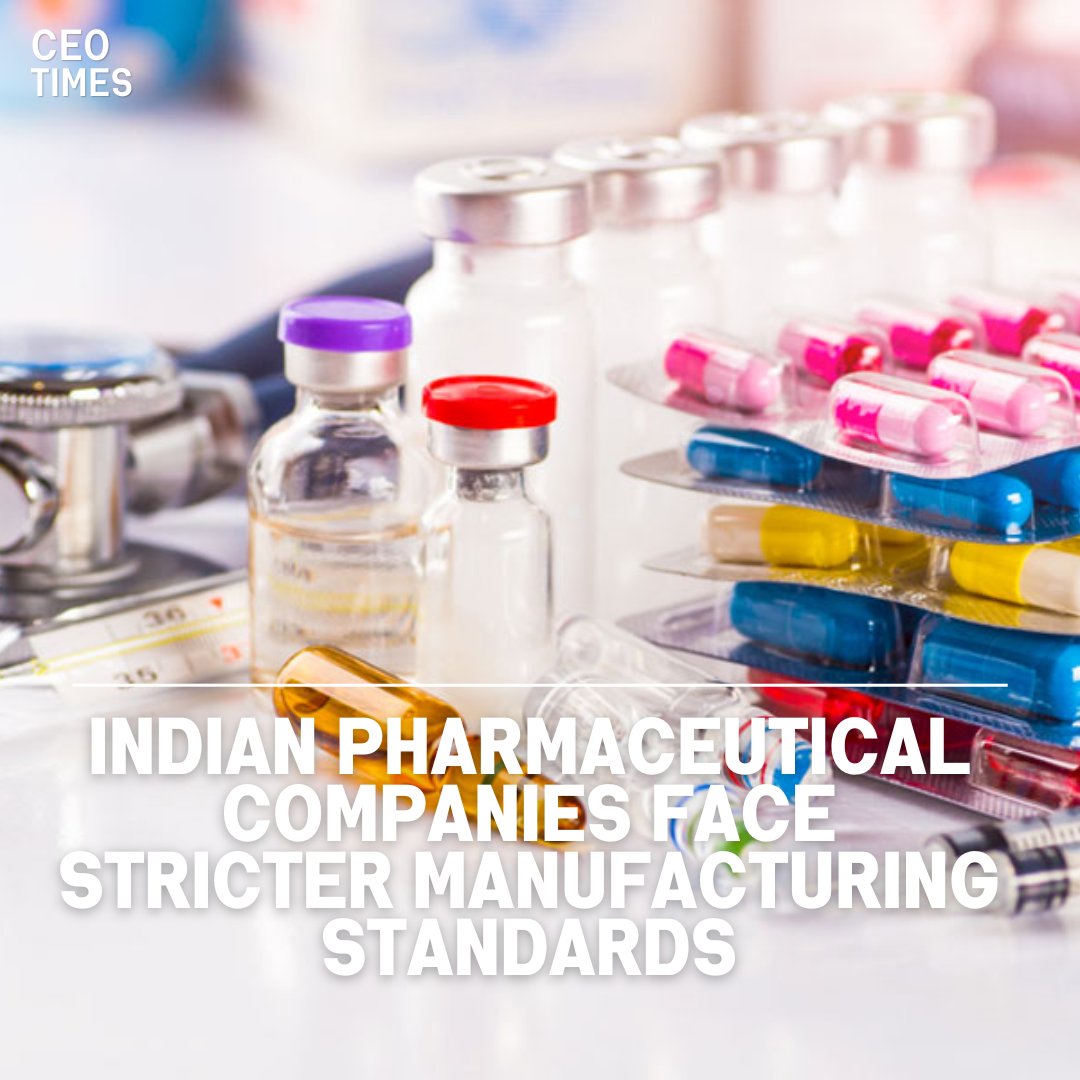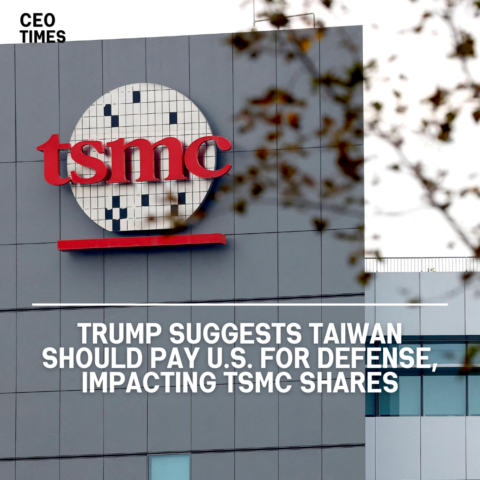A recent government notification in India, released on Saturday, mandates pharmaceutical companies to adhere to new manufacturing standards this year.
These standards aim to elevate quality and safety measures within the $50 billion industry, a response to concerns following overseas deaths associated with Indian-made drugs since 2022.
Emphasis on Manufacturer Responsibility and Compliance:
The notification emphasizes manufacturers’ accountability for ensuring pharmaceutical products’ quality, safety, and efficacy.
It specifies the need for compliance with licensing requirements and prohibits the distribution of products until satisfactory test results for ingredients are obtained. Additionally, it mandates retaining samples for further testing or verification.
Recent inspections of 162 drug factories by the health ministry since December 2022 highlighted deficiencies, including the absence of testing of incoming raw materials.
Reports indicate that less than a quarter of India’s 8,500 small drug factories meet international manufacturing standards the World Health Organization (WHO) set.
Timeline for Compliance and Small Companies’ Concerns:
The notification sets a six-month compliance deadline for large drug manufacturers and a 12-month deadline for small-scale manufacturers.
Burdened by existing debts, small companies have requested an extension, fearing potential closure due to the substantial investments required to meet these stringent standards.
Global Concerns and Linked Incidents:
The WHO and other health authorities have associated Indian cough syrups with tragic incidents, including the deaths of at least 141 children in Gambia, Uzbekistan, and Cameroon.
These incidents underscore the urgent need for stringent regulations and quality control within the pharmaceutical manufacturing sector.




















